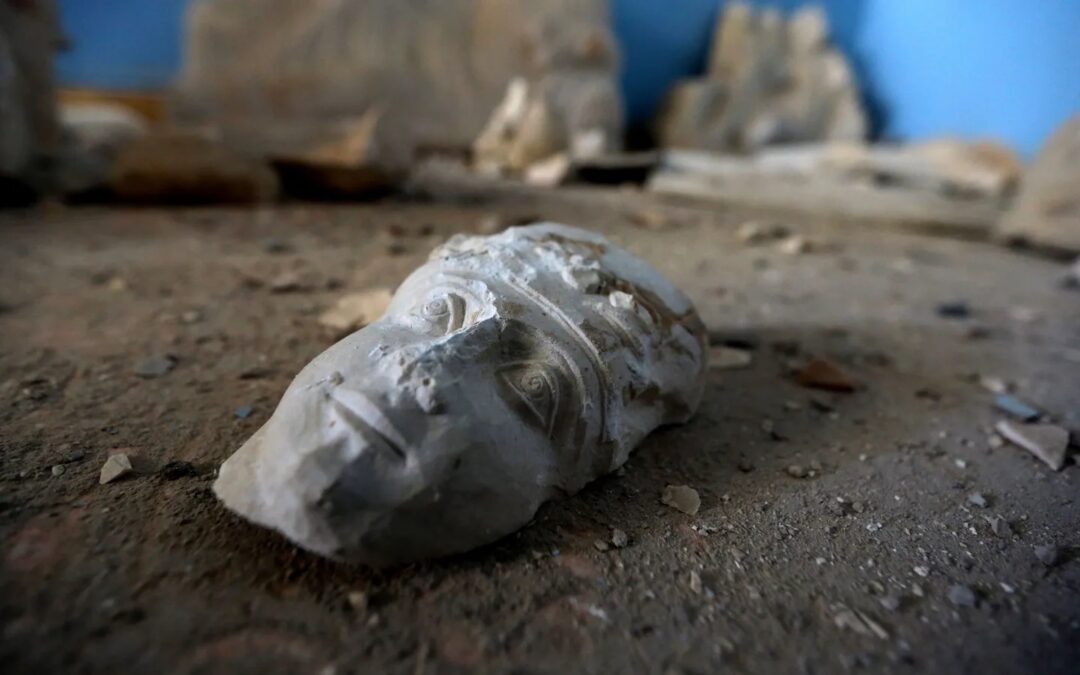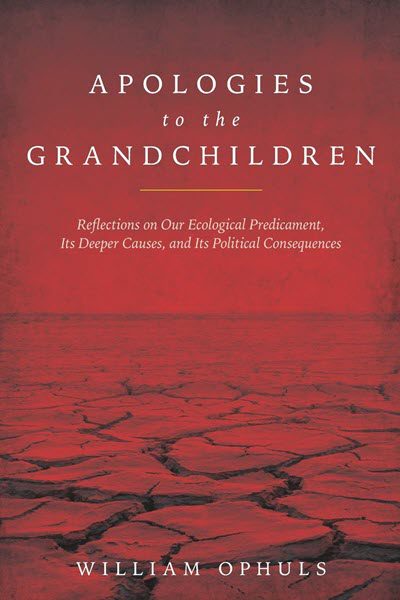By Graham Leicester and Maureen O'Hara In normal times we tend to go about our lives oblivious to the structures, institutions, processes and shared values that shape our behaviours. In powerful times like ours, deep structures of love, power and justice are brought...
Polycrisis: Prompts for an emerging worldview
Taking the realms of business, finance and economic history by storm, polycrisis captures the complexity of an increasingly uncertain world in a state of flux and transition. Proponents of the polycrisis model, such as prominent economic historian and Financial Times...
We are witnessing the first stages of civilization’s collapse
Will our own elites perform any better than the rulers of Chaco Canyon, the Mayan heartland, and Viking Greenland? In his 2005 bestseller Collapse: How Societies Choose to Fail or Succeed, geographer Jared Diamond focused on past civilizations that confronted severe...
An introduction to the Metacrisis
An introduction to the Metacrisis by Daniel Schmachtenberger, founding member of The Consilience Project. Moderated by Niklas Adalberth, founder of Norrsken Foundation. Recorded live during Stockholm Impact/Week 2023. https://www.youtube.com/watch?v=4kBoLVvoqVY
Deep Survival: Who lives, who dies, and why
Laurence Gonzales’s bestselling Deep Survival has helped save lives from the deepest wildernesses, just as it has improved readers’ everyday lives. Its mix of adventure narrative, survival science, and practical advice has inspired everyone from business leaders to military officers, educators, and psychiatric professionals on how to take control of stress, learn to assess risk, and make better decisions under pressure.
The world’s population may peak in your lifetime. What happens next?
The global human population has been climbing for the past two centuries. But what is normal for all of us alive today — growing up while the world is growing rapidly — may be a blip in human history.
More in this category

Collapse of industrial civilization: Finding the truth behind the American hologram
Nate Hagens notes that “he modern industrial world is sleepwalking towards the cliff of economic and ecological ruin.”

Global catastrophic risks: In a nutshell
Open Philanthropy Project highlights future global catastrophic risks such as pandemics and risks from advanced artificial intelligence, in order to point towards potential opportunities for research.

Can a collapse of global civilization be avoided?
Paul R. Ehrlich and Anne H. Ehrlich explore the possibility of global collapse.

Are we on the road to civilisation collapse?
Luke Kemp says studying the demise of historic civilisations can tell us how much risk we face today. Worryingly, the signs are worsening.

Collapse: How Societies Choose to Fail or Succeed
Collapse: How Societies Choose to Fail or Succeed by Jared Diamond includes four sets of studies. Seven chapters discuss some of the clearest, most familiar, most striking examples of past collapses: the ends of Polynesian societies on Henderson and Pitcairn Islands,...

Apologies to the Grandchildren: Reflections on Our Ecological Predicament, Its Deeper Causes, and Its Political Consequences
Apologies to the Grandchildren by William Ophuls is a collection of essays that throw light on questions of ecological collapse, the connection between the ecological crisis and the breakdown of liberal democracy, and what society will look like when we exhaust solar...

Enlightenment Now: The Case for Reason, Science, Humanism, and Progress
In this elegant assessment of the human condition in the third millennium, cognitive scientist and public intellectual Steven Pinker urges us to step back from the gory headlines and prophesies of doom, which play to our psychological biases.

On the Future: Prospects for Humanity
Renowned scientist and bestselling author Martin Rees argues that humanity’s prospects depend on our taking a very different approach to planning for tomorrow.

Panarchy: Understanding Transformations in Human and Natural Systems
Panarchy is the structure in which systems, including those of nature (e.g., forests) and of humans (e.g., capitalism), as well as combined human-natural systems (e.g., institutions that govern natural resource use such as the Forest Service), are interlinked in...




